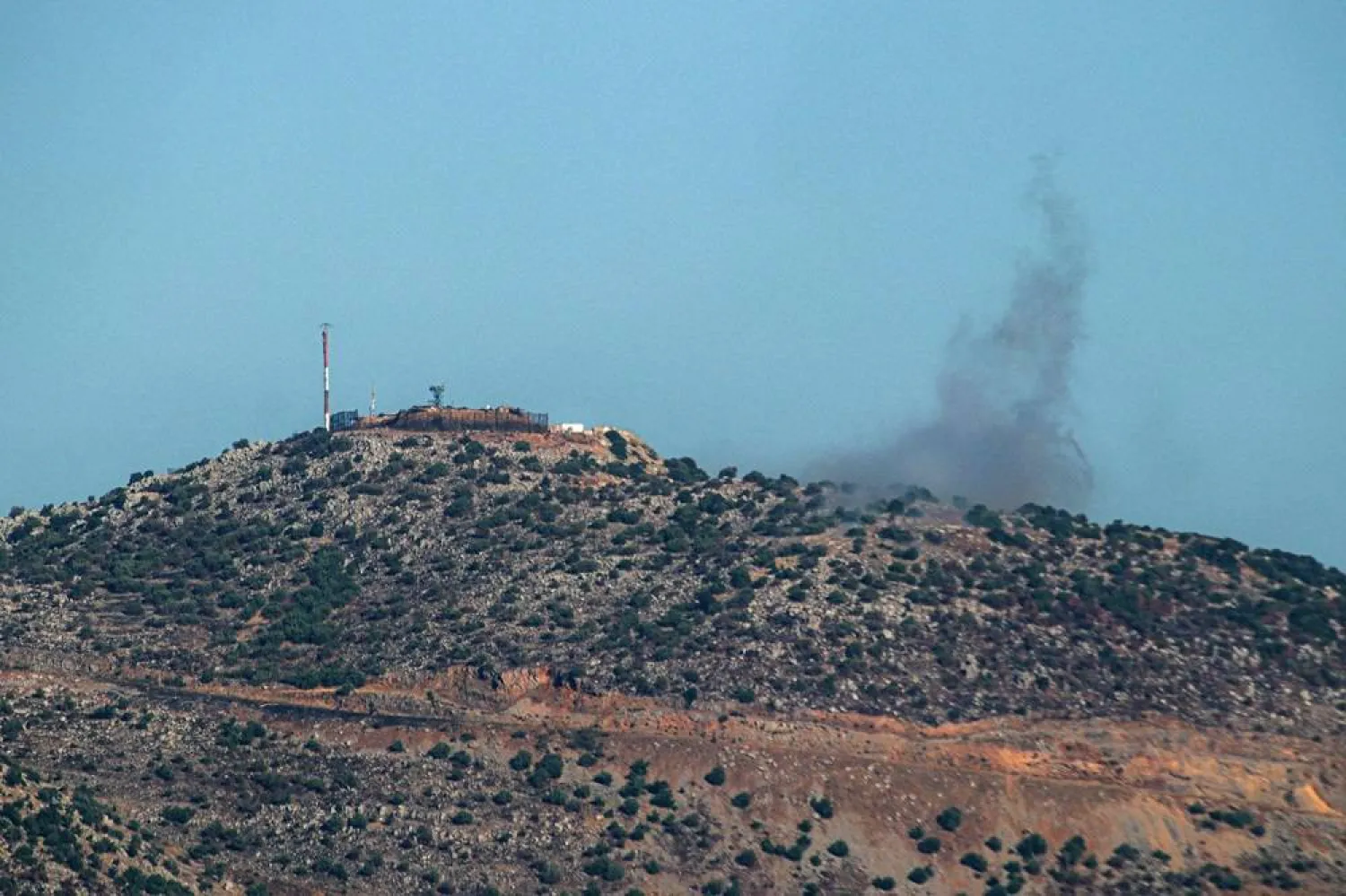The United States is deferring the removal of certain Lebanese citizens from the country, President Joe Biden said on Friday, citing humanitarian conditions in southern Lebanon amid tensions between Israel and Hezbollah.
The deferred designation, which lasts 18 months, allows Lebanese citizens to remain in the country with the right to work, according to a memorandum Biden sent to the Department of Homeland Security.
"Humanitarian conditions in southern Lebanon have significantly deteriorated due to tensions between Hezbollah and Israel," Biden said in the memo.
"While I remain focused on de-escalating the situation and improving humanitarian conditions, many civilians remain in danger; therefore, I am directing the deferral of removal of certain Lebanese nationals who are present in the United States."
Israel and Iran-backed Hezbollah have been trading fire since Hezbollah announced a "support front" with Palestinians shortly after its ally Hamas attacked southern Israeli border communities on Oct. 7, triggering Israel's military assault in Gaza.
The fighting in Lebanon has killed more than 100 civilians and more than 300 Hezbollah fighters, according to a Reuters tally, and led to levels of destruction in Lebanese border towns and villages not seen since the 2006 Israel-Lebanon war.
On the Israeli side, 10 Israeli civilians, a foreign agricultural worker and 20 Israeli soldiers have been killed. Tens of thousands have been evacuated from both sides of the border.









